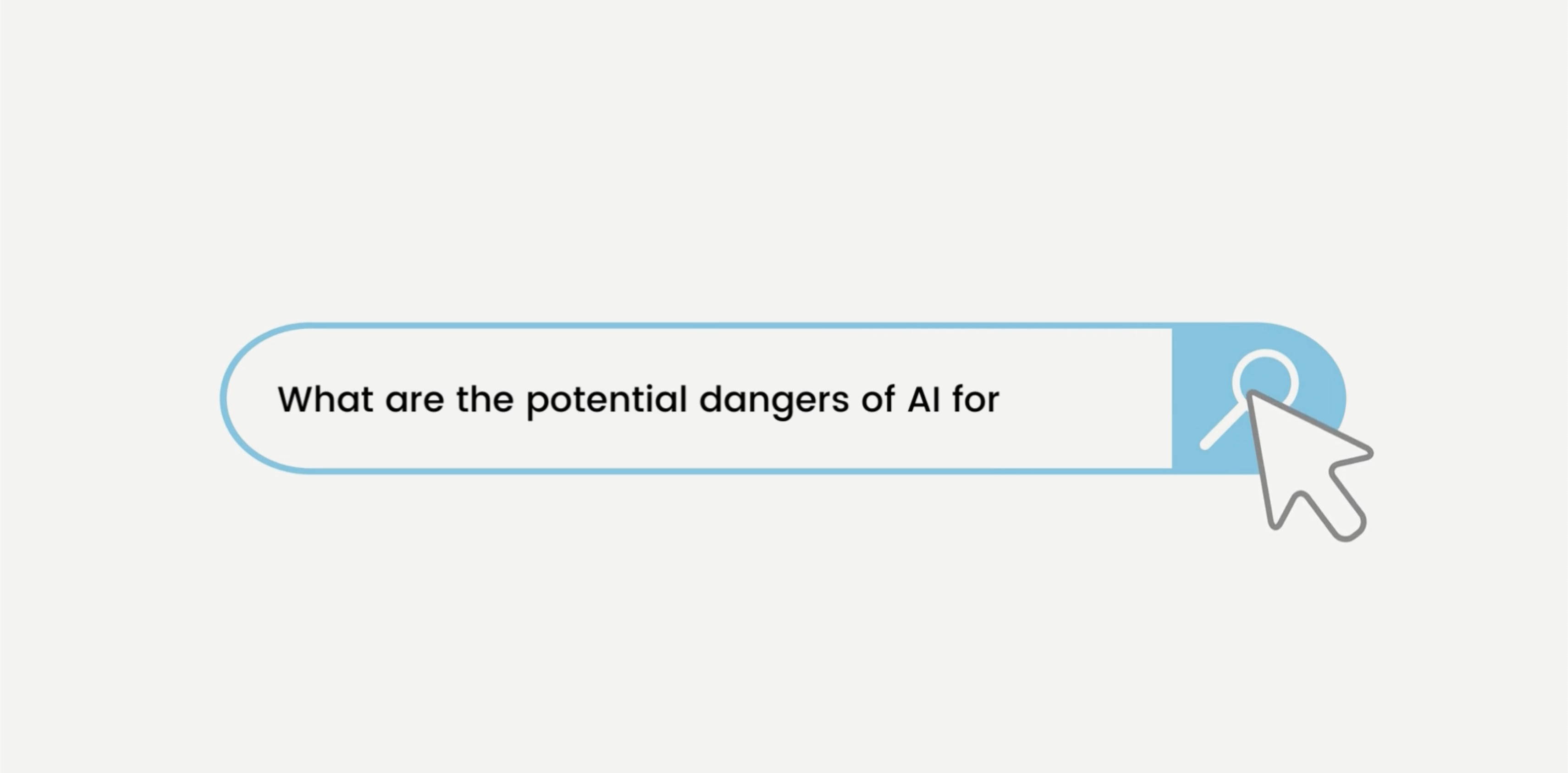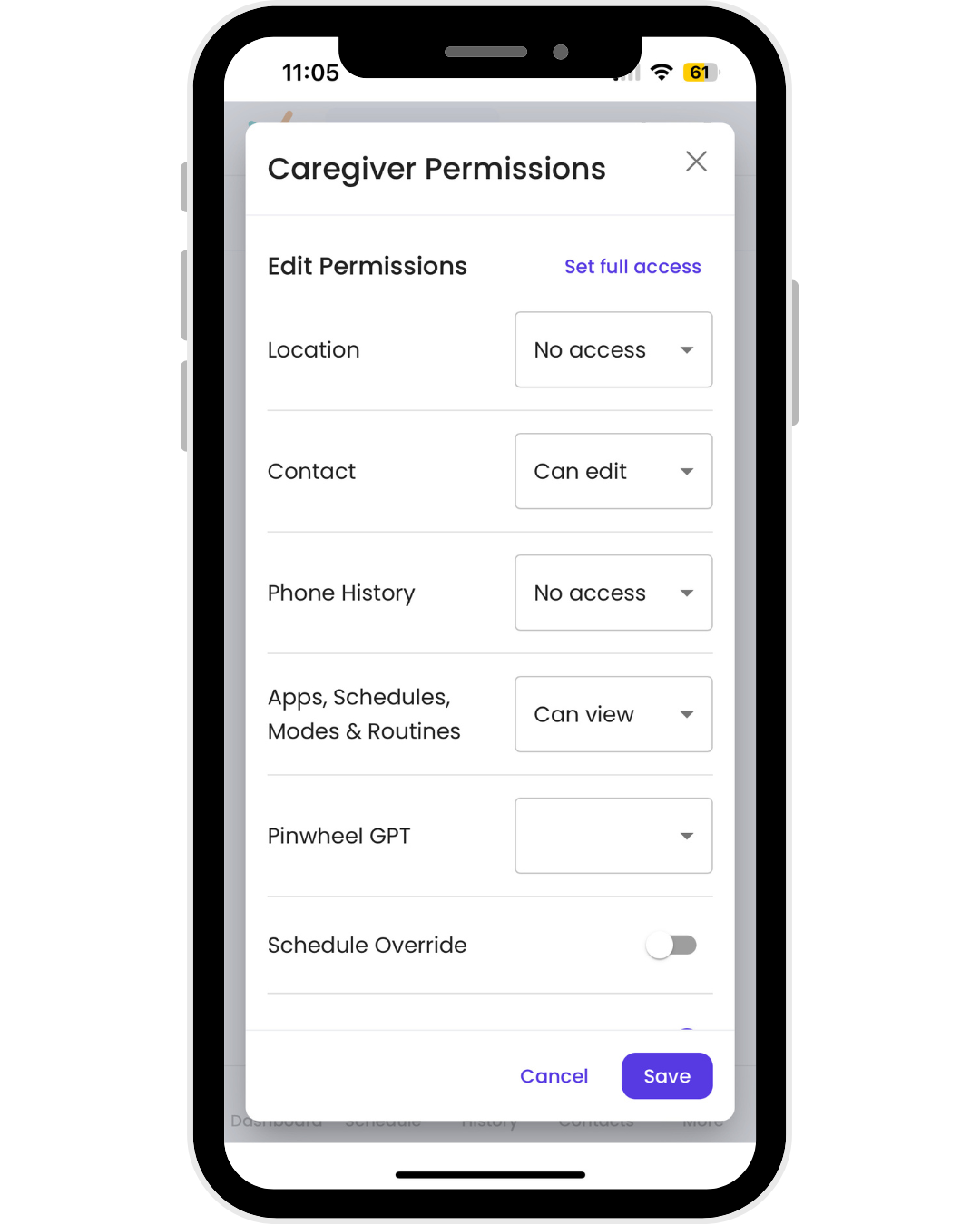The Dangers of AI for Children

Artificial intelligence used to be something dreamed up in movies like SmartHouse or HER. But this technology is here and will continually evolve exponentially. AI’s integration into the lives of children is parents, guardians, and teachers to monitor and evaluate the use of the AI by children, while learning about it themselves.
Whether it is talking to Alexa, a toy that you can buy at Target, or going straight to ChatGPT, children today are engaging with AI technologies. And AI interactions are reshaping the way kids play, learn, understand the environments they are in, and even their daily routines.
AI can show inaccurate, explicit or disturbing content, and spread hate, bias and stereotypes (just like some humans do).
AI aims to show us stuff we're interested in, but sometimes it doesn't quite get what's okay for kids and what's not. That can mix up safe and risky stuff. So, it's super important for the folks making AI to keep kids in mind and make sure their tech is safe and appropriate for them. Also, parents and teachers need to be there to help kids figure out the online world in a smart way. Conversations about the reliability of AI can also help children develop critical thinking skills as they the kinds of content they get from generative AI.
To safeguard kids from these dangers posed by AI, parents, guardians, and educators can use tools made for children, such as PinwheelGPT, and use AI with their kids. Adding child-safe filters on internet browsers and using apps designed specifically for younger users can significantly reduce the risk of exposure to explicit content and misinformation. And monitoring your child’s interactions with AI allows parents and teachers to correct misinformation and discuss the results generated to build questioning, reasoning and research skills.
Many states are also starting to create programs that promote digital literacy and critical thinking skills, so essential as AI continues to grow and get integrated into the everyday lives of our children.
Younger Children may have difficulty separating real interactions from artificial characters

Parasocial relationships refer to the kind of one-sided relationship individuals form with media personalities, i.e. the Swifties towards Taylor Swift. These kind of relationships help people feel an emotional connection despite no direct interaction or acquaintance. In the context of children and AI, these relationships can easily develop with characters from AI-driven games, virtual assistants, or educational software, where the AI often exhibits personality traits or engages in seemingly personal conversations. Children, particularly due to their developing social and emotional skills, might not be able to distinguish between these simulated interactions and real-life relationships, leading them to experience genuine affection, trust, or reliance on these AI entities. Ensuring children have balanced experiences between human interaction and AI interaction will help them prioritize human interactions and to develop critical social skills.
AI can erode privacy
Given that children may not fully understand the implications of their digital footprints, they are more vulnerable to compromised privacy. We need strong regulations specifically designed to keep children's personal information in the digital realm safe and to ensure they are enforced. Parents can ensure they regularly monitor app permissions and opt for child-friendly versions to further enhance children's digital safety and privacy.
As AI technologies continue to intertwine with children's daily lives, it is so important for parents, educators, and especially AI app developers to ensure these interactions are safe and enriching. By implementing protective measures, promoting digital literacy, and encouraging real-world interactions, adults can help children navigate the complexities of AI with a critical and informed perspective.
Related Articles
Free E-book: Introducing My Teen to Social Media
A Parent's Guide to Navigating Teens' Social Media Experiences
Before introducing social media, give your child a solid foundation with Pinwheel, the phone that grows...
Pinwheel – Maker of Popular Smartphone for Kids – Launches “Multiple Caregivers” Mode to Help Families Navigate Co-Parenting Tech Challenges
New feature reduces stress and confusion in two-household families over rules for kids’ screentime and device usage
Can I Give My Kid My Old iPhone?
When kids ask (read: beg) for their first phone, parents often dust off their old iPhone or Android, connect it to Wi-Fi, and think their problem is solved.
.png)

